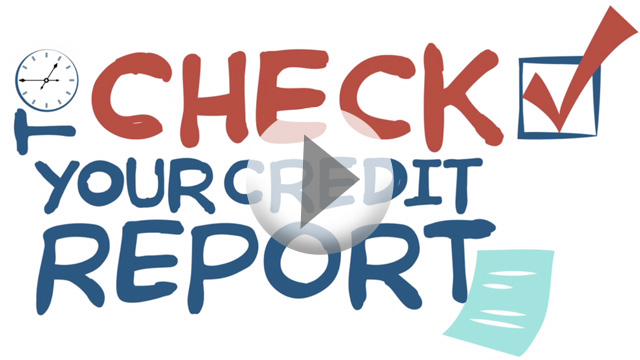With the start of a new year, many of us want to get our finances in order. We often think about budgeting, but what about credit? To help you get a handle on credit, we’ve put together a four-part blog series: (1) why does your credit matter; (2) getting your credit report; (3) reading your credit report; and (4) fixing your credit report.
Before you dig in to work on strengthening your credit, you may wonder: what is credit and why does it matter? When people talk about your credit, they mean your credit history. Your credit history is a record of how you have used money in the past. That includes things like how many credit cards you have, how many loans you have, and whether you pay your bills on time.
Credit bureaus – like Equifax, Experian and TransUnion – compile this information into your credit report. Then, they sell the information in your report to creditors, insurers, and other businesses that use it to evaluate your applications for credit, insurance, or renting a home. How you handled your money and paid bills in the past will help companies decide if they want to do business with you.
That’s why your credit history can make a big difference when you apply for a loan or credit card, try to rent an apartment, attempt to buy or lease a car, or shop for rental or home insurance. Because lenders, landlords, and others care how you handle your credit, you should care too.
Your finances will go a lot more smoothly this year if you start by checking your credit report and correcting any mistakes that you see. Over the next few days, our blogs will walk you through, step-by-step, how to get, read, and correct your credit report. If you want a preview, check out this video:

